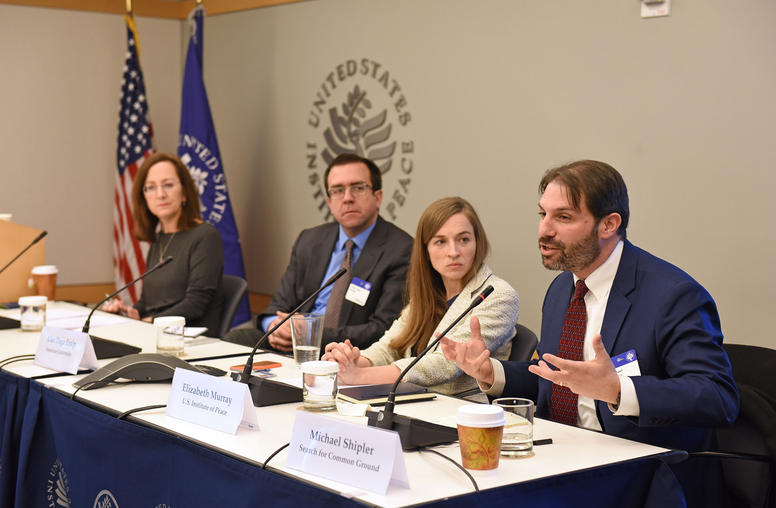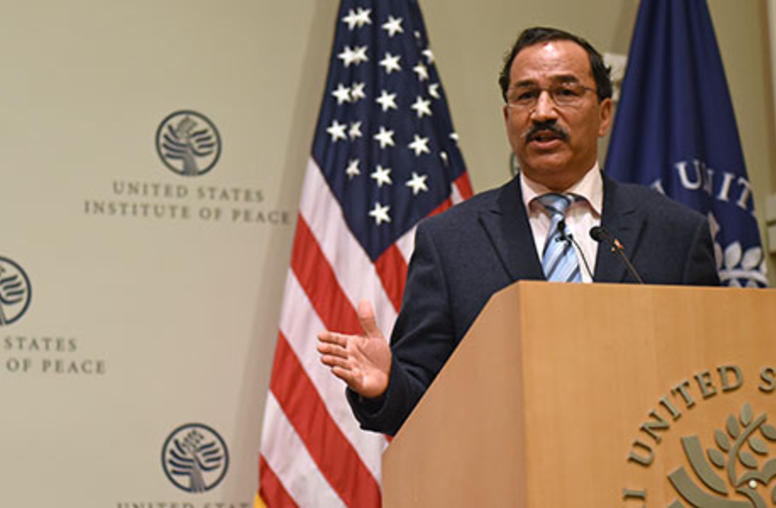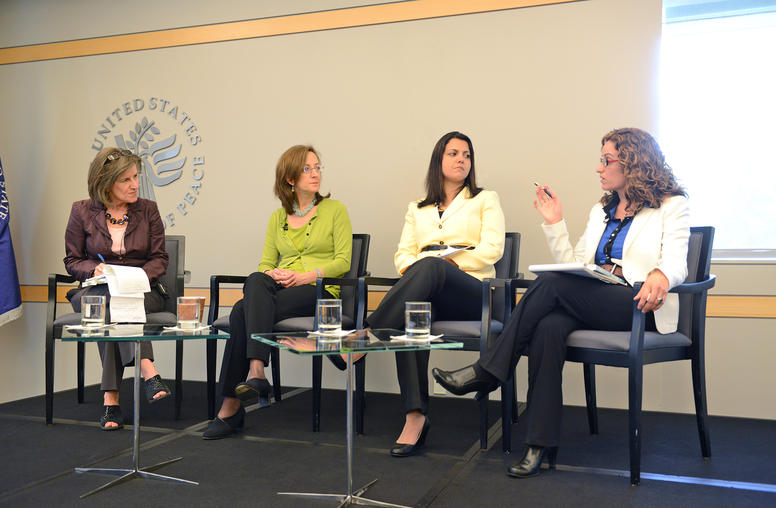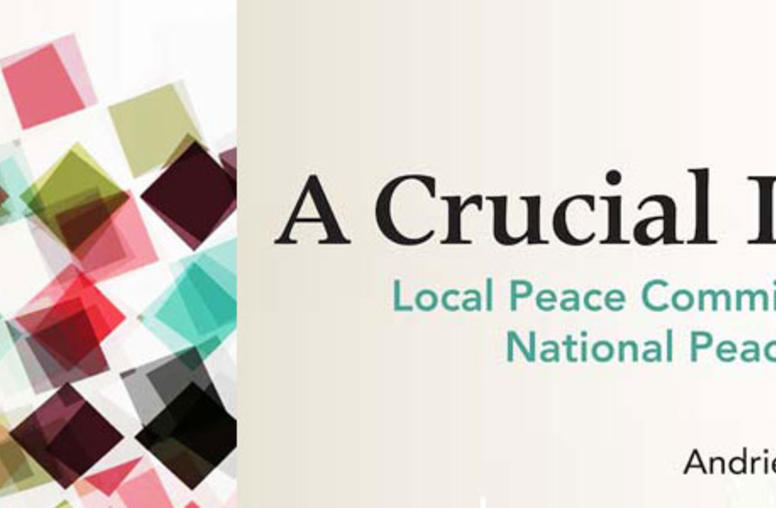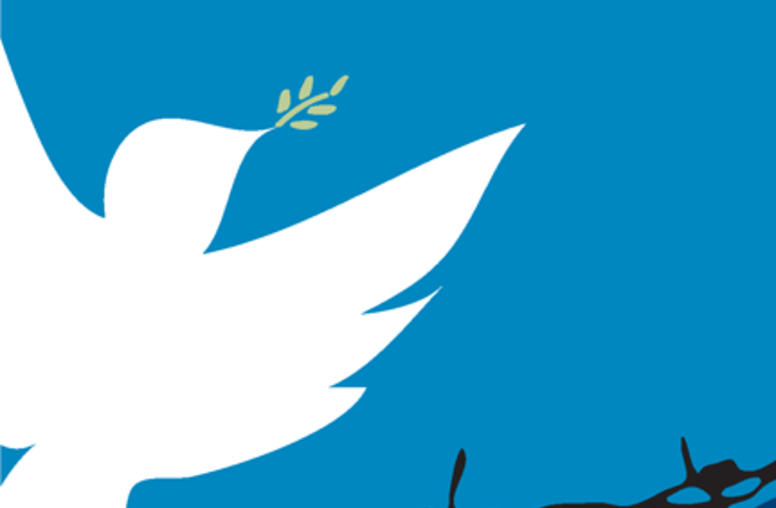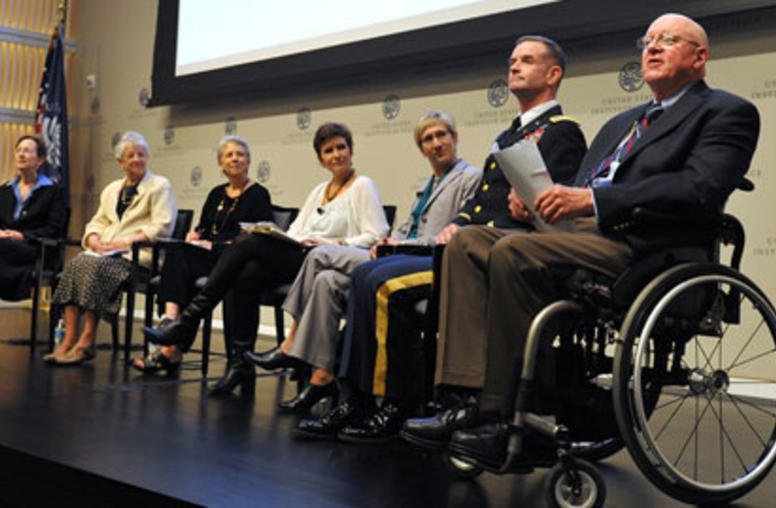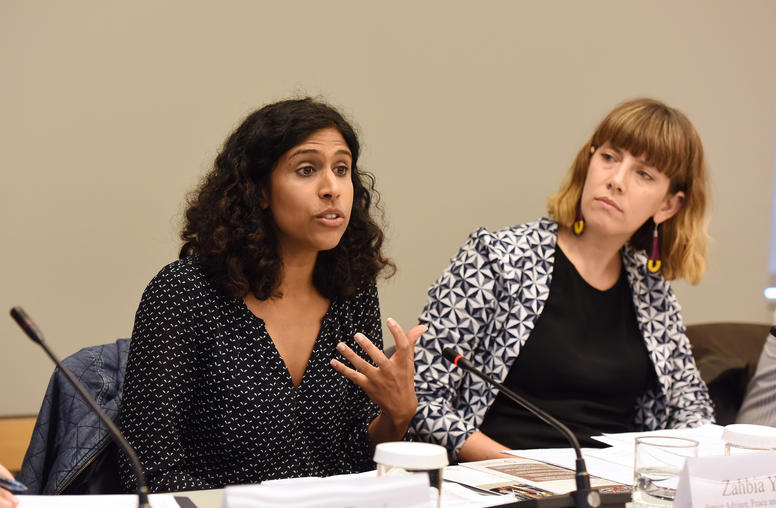
Can Inclusive Peace Processes Work?
Too often, peace processes only include dueling parties—leaving women; religious, indigenous, and ethnic groups; youth; and survivors of violence excluded from critical discussions that shape the future landscape of a country. Yet, sidelining their voices often results in a resurgence of conflict and fails to achieve comprehensive or sustainable peace.
